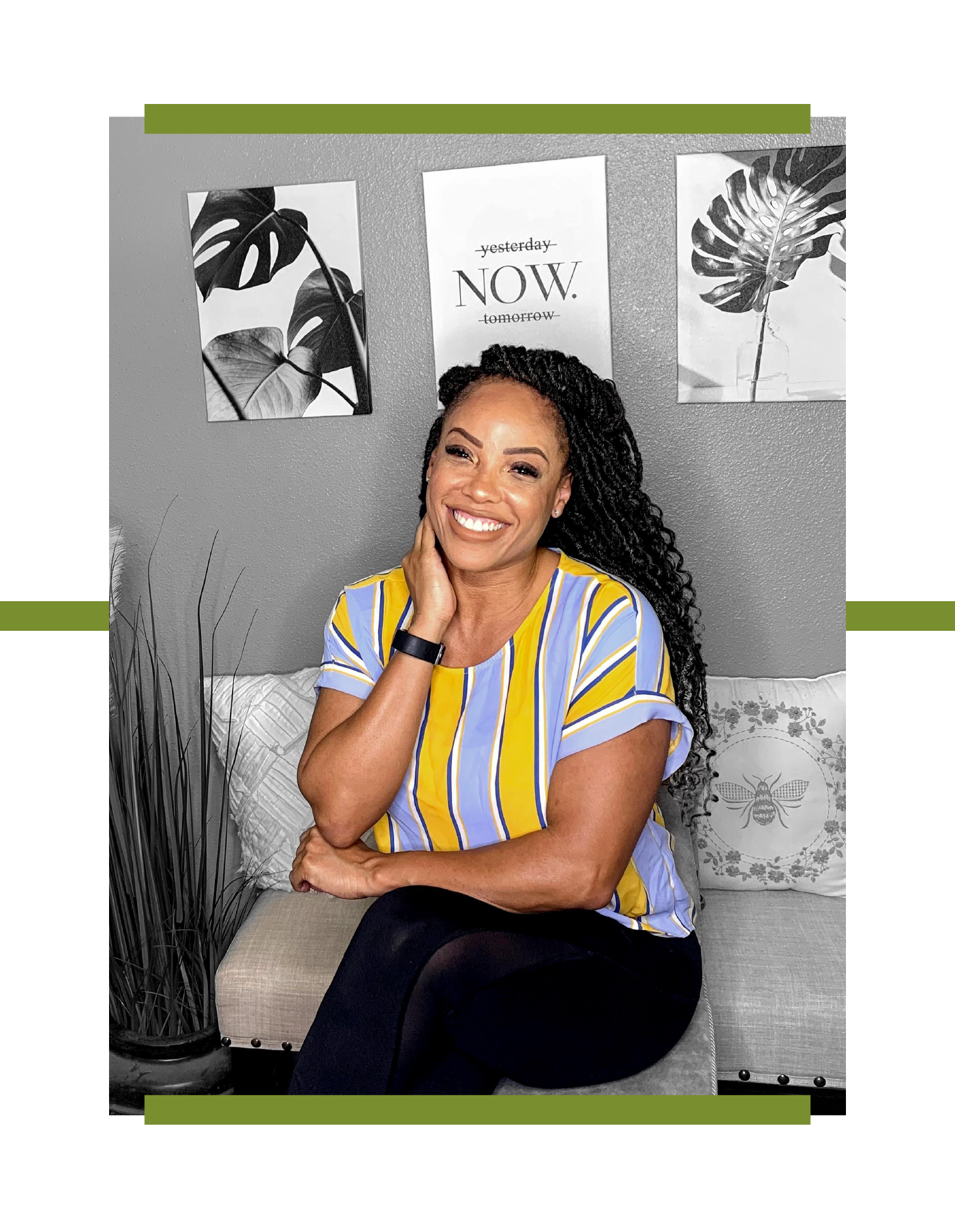How to Change Careers Smooth And Effortless
If you need to find a job more suited to your skills, here are some steps to help you to change careers easier.
1. Know Yourself
Before you change your career, take the time to understand yourself better. Most people never pause to reflect on who they are and what they want from their lives.
Career changes have become more common since the pandemic since people have more time to reflect and reconsider what they’re doing in their lives.
For many people, a career move can be a life-changing opportunity to find their passion and choose a career more suited to their aptitude and personality.
If you had to sacrifice your passions and dreams to provide for your family or be a better parent you should try to understand your personality, aptitude, and life purpose before making a career change at 45. You can check these Steps to Grow Your Personal and Career Development to identify what you want and need to learn.
This doesn’t mean you need to sit cross-legged and meditate, but that you should figure out how you can apply your skills to live a happy and fulfilling life.
You can also read Mistakes To Avoid In Creating Career Development Plan to make sure you’re on the right track.
2. Adopt a Growth Mindset
Making a career change is all about being open to new possibilities, and when it comes to success in life, having the right mindset is everything.
Learn the difference between a fixed mindset vs. a growth mindset and the four most common mindset shifts for developing a success mindset.
So, what mindset are you? Are you trying to prove yourself and win? Or are you trying to improve yourself? Do you have a beginner’s mind or are you a know-it-all?
There’s no shame in going back to school for a career change. Whether that means learning new skills or upgrading the ones you already have, being open to learning new skills with these online courses and training will help you become a more suitable job candidate.
3. Find the Best in Yourself
Is there something you’ve always wanted to do with your life but have hesitated from doing? Ask yourself why and be open and non-judgmental of your answers.
According to Conley, weighing your career decisions with empathy and curiosity through the process of Appreciative Inquiry can help you open up to new possibilities and career opportunities.
4. Connect With Your Network
As a mid-career or older professional it’s likely that you have already built a good professional network. Sometimes connecting with your network and letting them know that you’re looking to change careers is all it takes.
You can put out feelers and send a message to people like me on LinkedIn saying, “I want to change my career to [mention your career preference here]. Can you help?”
I’m always willing to help someone I like and respect, so only connect with those with whom you feel likely to share a friendly and mutually respectful relationship.
5. Create an Impressive Resume
Don’t write your entire career history in your resume. The ideal resume is one that is tailored to the job description that you’re applying for. It’s best to start with a career summary and use one of the many popular resume formats available.
Don’t make your resume more than two pages long and avoid mistakes such as irrelevant details and creative fonts. Write a career objective statement that matches the job description and company to which you’re applying.
6. Create a Social Media Presence
Today, it’s common to use social media to find a job. Most companies check out the social profiles of candidates they plan to interview for a job.
If you don’t have a social media profile, start by creating one on LinkedIn and use these 7 Ways to Improve your LinkedIn Profile Strength to ensure that your social profiles are professional and job-ready.
7. Brush Up on your Soft Skills
Soft skills are essential skills to have in the workplace. These include communication skills, interpersonal skills, effective teamwork, and leadership skills, and time management skills.
It’s expected that mid-career and older professionals will have developed good soft skills from many years of experience in the workplace. However, some professionals may lack social etiquette soft skills.
8. Start your Own Business
If you fail in your efforts to find a full-time job, don’t lose hope. You can start your own home business as a consultant, or trainer.
As a mid-career or older professional, you have a lot of wisdom to share. You can get paid for your wisdom by sharing it with others as a coach, consultant, or trainer.
Whether that means becoming a life coach or a business coach, or making the change from corporate to teaching, it’s a wonderful thing to discover what midlife wisdom you can share while helping others.
So, if you’re considering a career change, these tips for choosing a new career will help you in changing careers change smoothly.
If you want to learn more go and Book a Free Call Here!

Hi, I am Ruth McCrackin!
Your Career & Success Strategist Coach with well over 11 years of experience working hand in hand with Human Resources and Business Partners in achieving company goals and mission. It is my wish for high achievers to getting their high-end position in attracting their dreams and passion. Avoid the loop holes of missing great opportunities by applying job search strategies, LinkedIn Branding, storytelling, and much more to up level your career and lifestyle. Start Your Transformation Now!

